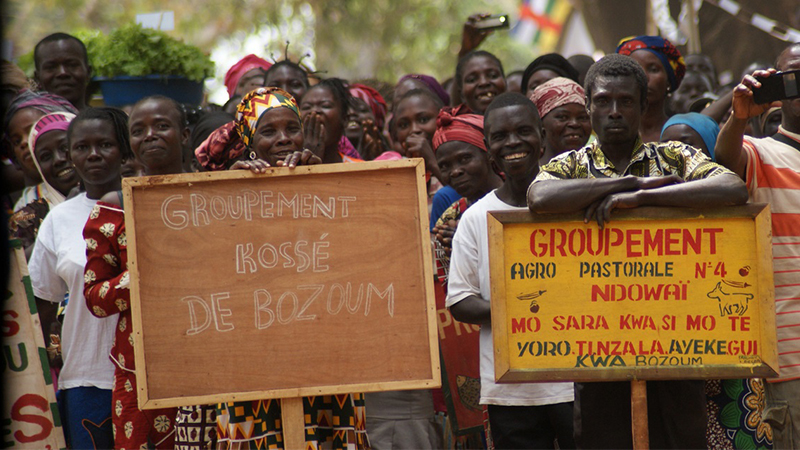Making local knowledge more visible and valued
National organizations have specific and essential local humanitarian knowledge and experience. Their starting point is often in interpersonal and community relationships and in their interest in resilience and long-term solutions. On the other hand, the norms and processes of the humanitarian system are based on the structures, the language and the needs of International NGOs (ONG-I). There is not enough space or time for real dialogue and the creation of common practices. Often expectations of national organizations are to see them transform into small NGO-I, despite the different structures, human resources, means and interests. Humanitarian interventions are based on technical and material skills, more than social and cultural skills. National organizations find it difficult to explain their needs, functioning and perceptions in the usual language of NGO-I and to highlight their own strengths. They are overwhelmed by the pace, the style of communication, their planning, the distancing and the self-regulating nature of the humanitarian system. National organizations see neither their place nor their added values of this system.
Often expectations of national organizations are to see them transform into small NGO-I, despite the different structures, human resources, means and interests.
Consequently, despite their richness, local knowledge is not sufficiently valued or visible in the humanitarian system. References to local knowledge are limited to indigenous and community knowledge or to situational contextual data (such as road conditions, for example). Indigenous knowledge is often reduced to technical know-how like vernacular building techniques. They are only used during the preparation and planning phases of the project cycle such as needs assessments and context analyzes. Or There is no mention of existing local humanitarian knowledge based on the experiences of NGO-N that could be used for the implementation and evaluation phases. On the contrary, suspicion and skepticism arises from the fact that local humanitarian knowledge is often perceived as intuitive and not based on evidence and that the positions of NGNOs can violate humanitarian principles. Knowledge management and the dissemination of good practices are also generally grouped together between organizations which share the same type of institutional culture. There is no real attempt at mutual learning and no real collaboration in terms of knowledge sharing.
“We, the international system, must believe that local actors are competent and we must trust them to challenge power imbalances”
Representative of the cluster at the Oxford workshop in June 2018
The knowledge of ONG-N and ONG-I is complementary and can reinforce each other. Otherwise, essential information and know-how can be lost instead of being valued and transferred. But both, ONGN and ONGI must make an effort to make local specific knowledge visible and to integrate it into humanitarian actions.
The knowledge of ONG-N and ONG-I is complementary and can reinforce each other.
Therefore, localization requires good knowledge management, mutual cultural sensitivity based on dialogue and openness, mutual capacity building based on real needs … to improve the resilience of local communities.
